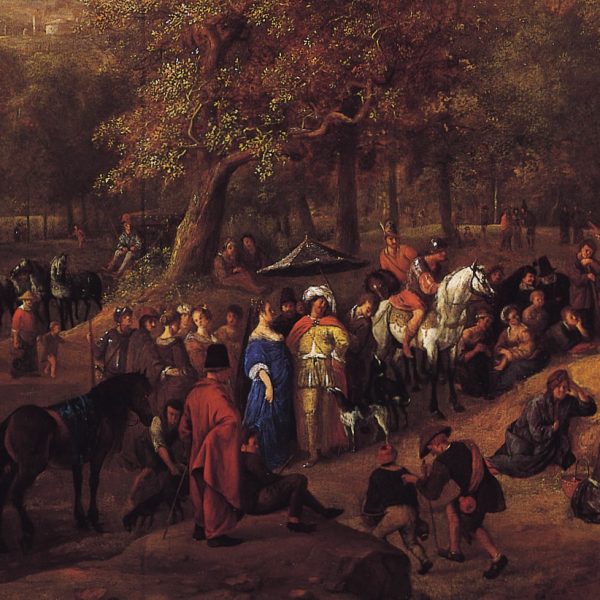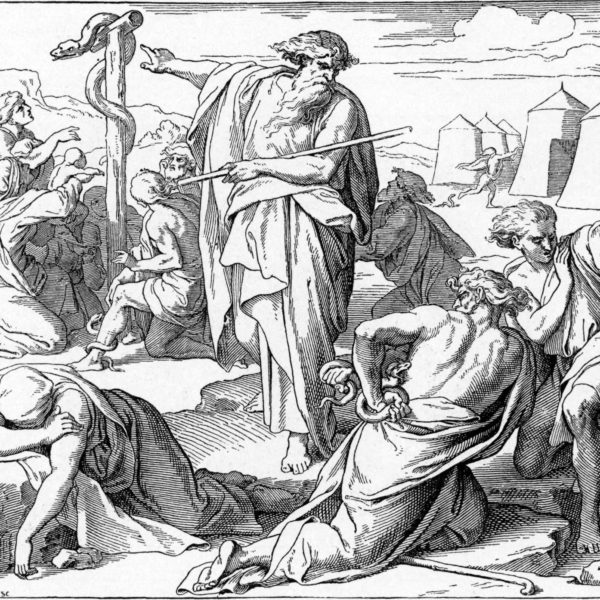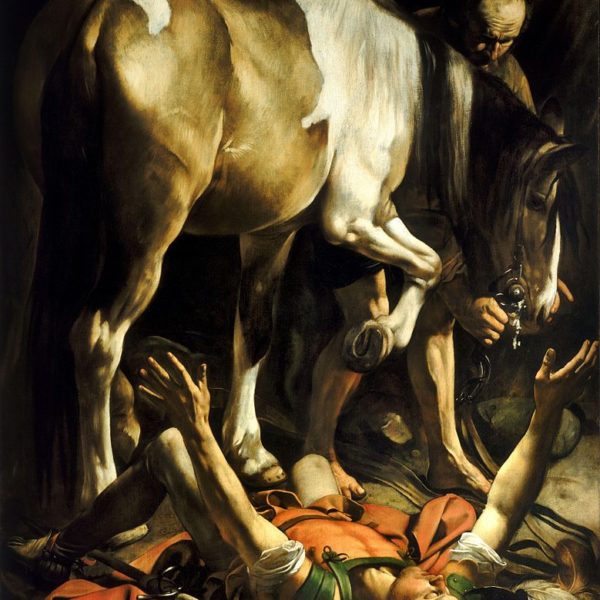
One alternative to a disorienting retributive hierarchy … is repentance, offered to the living, not the dead. This is the honest acceptance of one’s own sin that leads to a turning from the destructive habits of assigning greater or lesser guilt to others. The activity of repentance, in turn, becomes the basis for the possibility of reconciliation between God and offender, between offender and the offended.

The God present in the book of Jonah is a God who never gives up hope on anyone, even those who have perpetrated the worst evils. Also, the God present here is a God who demands that we repent thoroughly, completely, and without reservation. This is not a cheap reconciliation, but a very costly one indeed.

The message of John the Baptist challenges our complacency about sin, an attitude that pervades and perverts our entire life as a society.

Although it is typically read as a passage about individual salvation and enjoyment of the life hereafter, read more closely, John 3:14-21 profoundly demonstrates that the elevation of Jesus on the cross confronts us with our own rejection of God’s gracious provision, our stubborn refusal to accept God’s way, and the radical, communal reckoning that leads to the fullness of life.

The story of the encounter of Saul of Tarsus with the risen Christ on the road to Damascus is read in a number of differing ways, readings often shaped by what the church has become for us. At our juncture in the developing history of ‘The Way’ we have the opportunity to explore a different vantage point on this story, one shorn of much of the triumphalism of past readings and tempered by our uncertain times.

